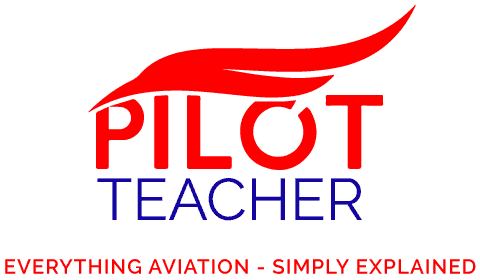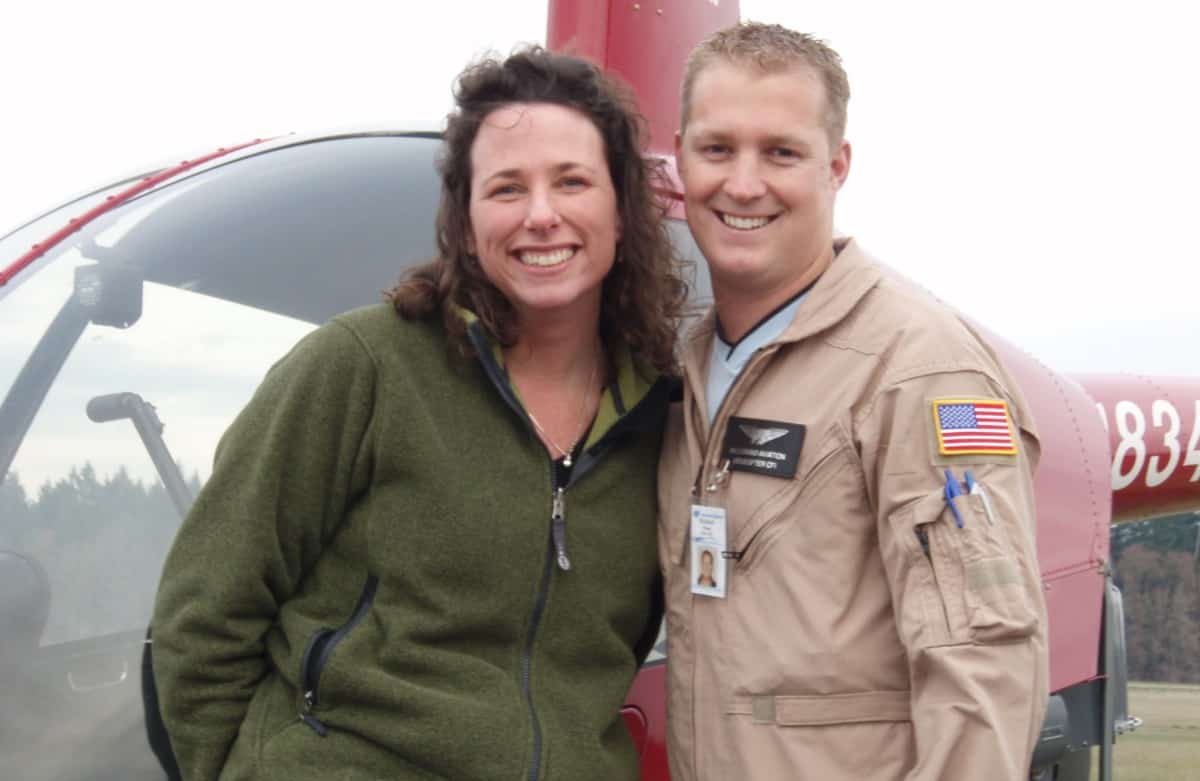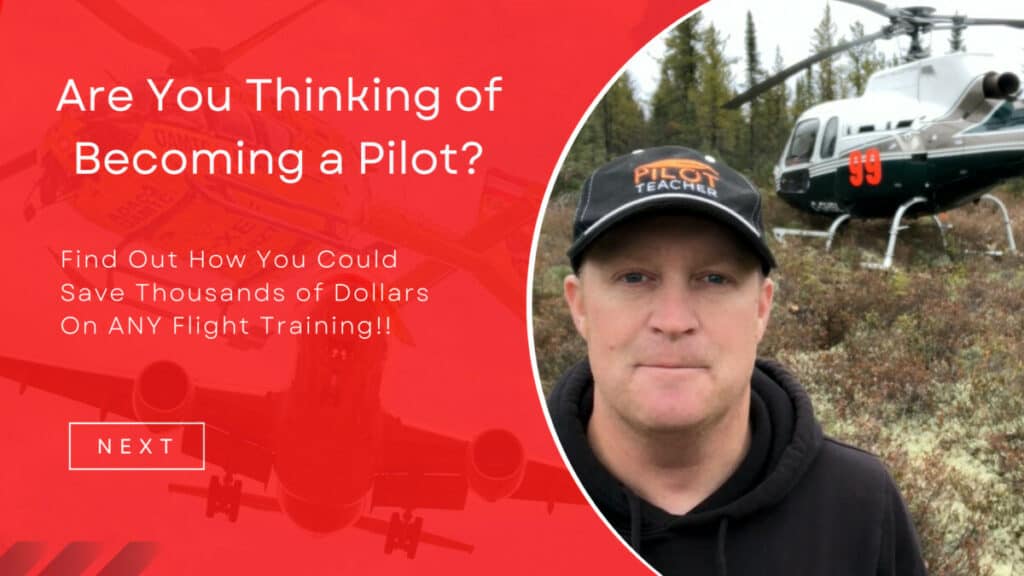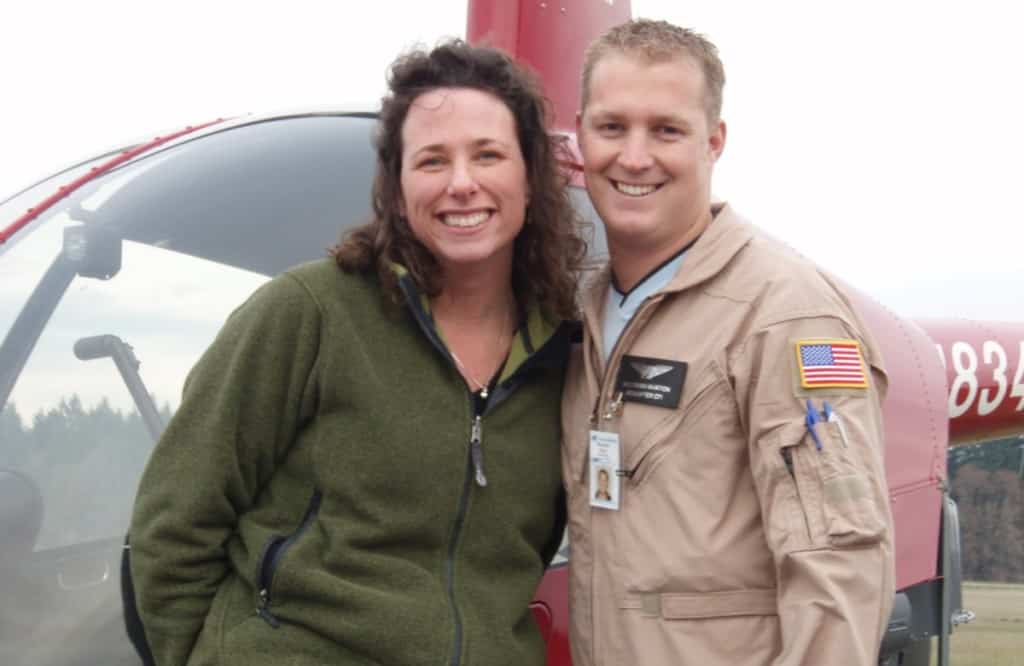
I’m sure there are many people who dream of learning to fly at some point in their life but for the vast majority that is all it will ever come to – A moments thought. For those that act on that impulse some of the first questions they can have are about the skills required.
I have seen this many a time as a flight instructor and it is instantly clear to me within a students first 5-10 flight hours if they have what it takes not just to be a pilot, but a good, safe pilot.
To become a good pilot a person needs a basic ability of math, physics, communication, hand-to-eye coordination, and a rational thought process. Other skills like decision making, situational awareness & foresight can be improved during training providing there is commitment and determination.
Learning to fly an aircraft and being happy to just fly around on the weekends requires a very different skill set to that of a professional pilot but the fundamentals are the same.
This is an observation of what I have seen over many, many students, and it is not like all the other articles written by ‘Career Advisors’ that pump out the same skills as the guy next to them. These are things I have personally found that separated those who could fly, from those who would become great pilots.
Top 6 Basic Skills Needed By All Pilots
As I briefly mentioned, not all those who wish to fly have the basic skill set to even gain their Private Pilots License. Many of those early applicants see the ‘Cool’ factor in learning to fly but then dwindle when the hard work and dedication required starts to build.
For the dedicated student there must be some competent levels of the following skills and attributes:
1. Communication
This may be obvious but this doesn’t just involve being able to talk to Air Traffic Control – Which by the way, scares ALOT of student pilots! Myself included when I was first learning to fly. But, being able to listen and talk effectively at ALL times is a must.
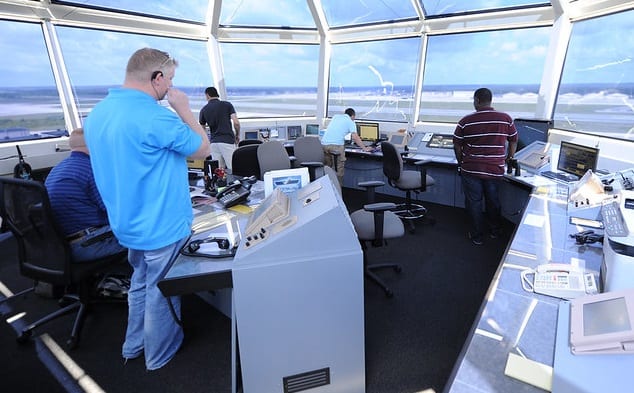
I’ve had both ends of the scale with students. Some would never say a word and I was never sure if they understood, to the other end of the scale where they think they know it all and fought me on every single aspect. Both situations are frustrating in their own ways!
Effective 2-way communication is a must and if you have to learn to speak slower and clearer, then practice you must!
My thick UK accent took some refining trying to teach students with English as a second, third, fourth language but it was a skill I had to refine to give my students the best instruction I could.
As a future student with English as a second language, this may be one of the biggest hurdles you have to overcome as a pilot.
I used a Computer-Based pilot communications tool way back when and it really, really helped my confidence when talking on the radio. Today’s apps and online tools have advanced so much and the tool I recommend is PlaneEnglish – You can check it out HERE ( Use code PilotTeach to get 10% off!)
2. Math
There is no getting away from math in aviation and being able to do math in your head while on-the-fly is a must at times. Basic math skills are required for a Private Pilots License so you are able to understand Aircraft Weight & Balance, Trip-Planning, Fuel Burn, Timing, and although most of these can seem complex at the start, it will get easier as your training progresses.
I have seen many younger students unable to work out in their head how much fuel we will have by the end of the flight and this was something that I would insist they work on – Mental Math is a Must!
The ability to be constantly evaluating your situation and calculating if things like the current wind, fuel, your position is where it should be cannot be done with a calculator, especially if flying a training helicopter and both your hands cannot leave the controls!
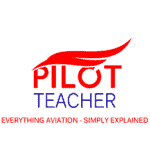
Join My Newsletter & Get Great Tips, Information and Experiences To Help You Become a Superb Pilot!
3. Physics
Physics governs the fundamentals of how these machines fly and being able to see and understand basic principles is a skill. Because we are unable to see how air works and flows it can be difficult to understand how an airfoil works or why it is harder for an aircraft to take off at 8000ft as opposed to 800ft.
Fundamentals of Flight can be an aspect that scares people but when they take it one step at a time and understand each step before moving on, that can really help.
As your training progresses things will begin to drop into place and your mind will begin to think physics. It is at that point where frustration becomes interest.
Many people may find it hard to begin with especially if the last time they were in a classroom was decades ago. Dedication and study is the only way to move forward.
4. Decisive Thinking
Everyone can think and everyone can act on a decision, but being able to assess lots of factors, calculate the best result, and then act upon that result is what is required as a pilot.
Making a decision and then being too scared to act on it can be fatal. Those decisions can be real hard at times.
For Example:
A group of experienced pilots are going out flying in the poor weather conditions but should you? Is it better to stay on the ground and wait it out or load up and go, believing its fine because they have gone?
Making a decision and sticking to it is just as important as realizing your decision was wrong and you need to make a change before it is too late.
Effective decision-making is one of the most important aspects of being a safe pilot. You will get better as your experience grows but you need to have a good head on your shoulders to begin with.
Learn More…
Try These Articles:
* How Hard is it to Become a Pilot? Instructor Tells All!
* How Much Does it Cost to Become a Pilot?
5. Planning
Every flight requires some form of planning. Whether you are just going to play around the airfield doing touch and goes or you are planning a 1000nm cross-country trip. Planning is how you can try to foresee and mitigate many of the factors that are ultimately trying to kill you.
Is the aircraft still going to be airworthy during your flight? How much fuel do you need for the flight? Is there any cargo you need to take? How much does it weigh? Where is it going to be placed in the aircraft? What is the weather doing?
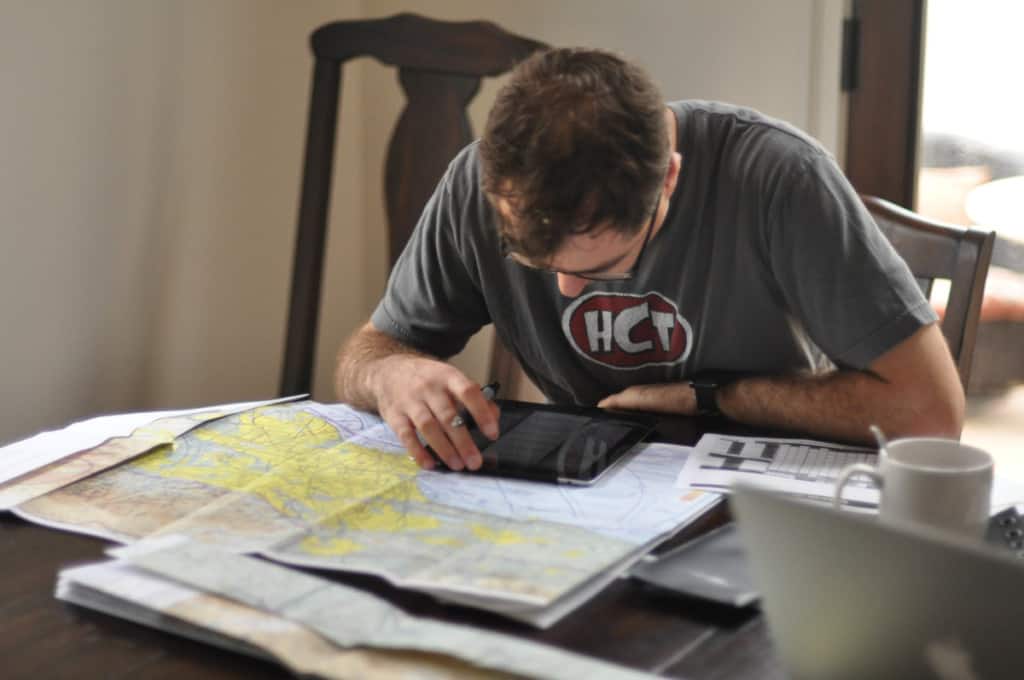
The number of questions that need to be answered before you ever fire up an aircraft engine is immense and even though it becomes second nature, you need to have some form of planning skills to ensure nothing gets left out.
A single, simple error can be, and has led to a lot of people not making it home that night.
6. Receptive
Every pilot needs to be constantly aware of their surroundings. I’m sure you can think of one person in your life that just seems to have no idea what’s going on around them and you wondered how they made it so far in life! Would this person be someone you want flying you around?
These people do not make for a good pilot. Constantly assessing the situation right now, then in 5 seconds, or 5 minutes or 50 minutes requires a pilot to absorb everything their senses are telling them.
This is especially important in an emergency situation or when the cockpit workload or stress is high. There are times when I purposely increase a student’s mental workload to try and train them to assess, process, and act.
All forms of training are essential until that person is unable to receive and understand the information their body is telling them. At that point, they need to understand where their limit is so they can prevent them from reaching it again outside of a controlled training environment.
To Finish
I have had some of my quietest, shy and unconfident students turn out to be some very, very good pilots because they all had some basics of the underlying skills above, but the most important thing about them all was that they listened and worked really hard to overcome the hurdles they faced while training.
Some struggled with feedback, some struggled with hand-to-eye coordination because they were left-handed and helicopters are more for righties, some couldn’t do mental math as they had not been in school in 30 years, but they all had the desire to become a good pilot.
Dedication, determination, and leaving any ego at the door will allow you to learn many of the things you may lack, and for those who want it, will achieve it.
